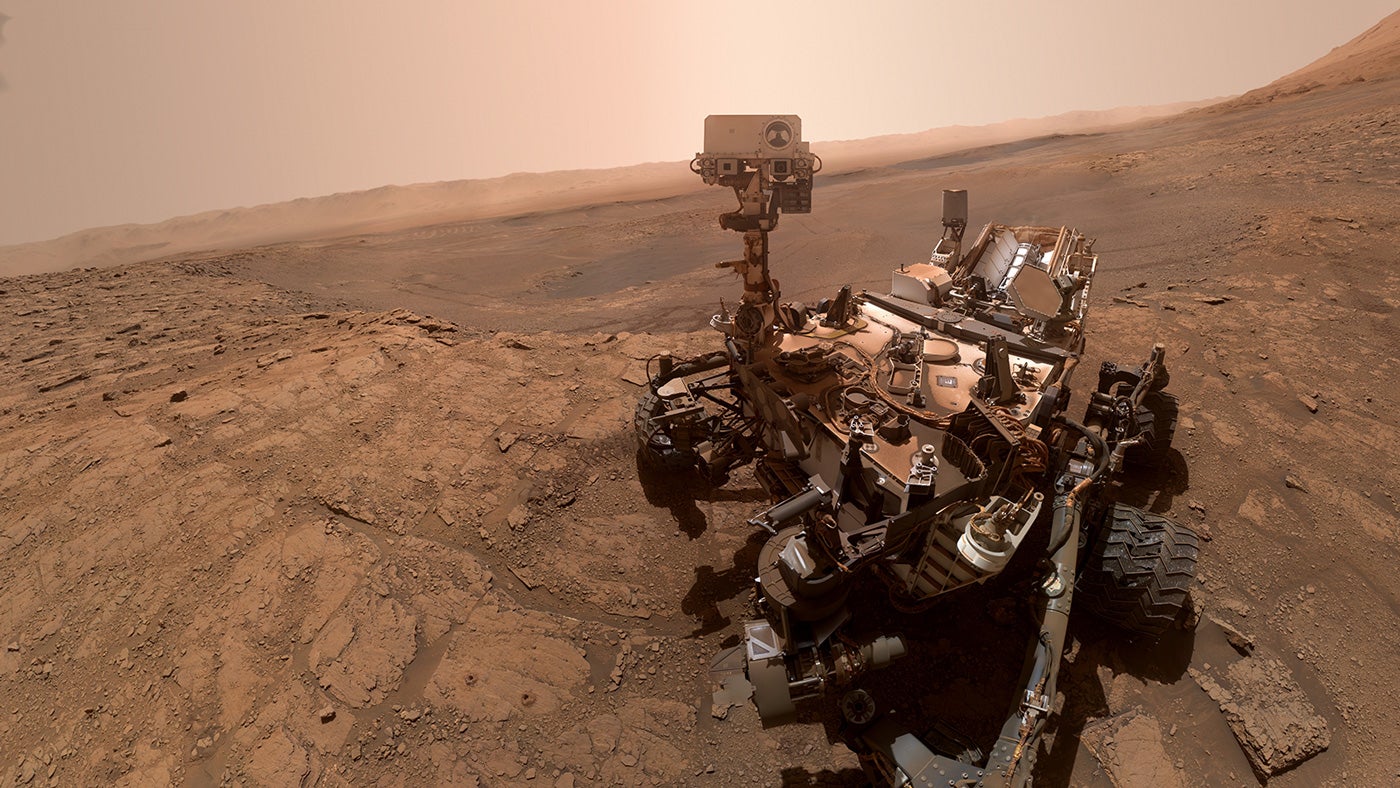
Perseverance, a NASA mission, dug into Mars’ surface but failed in its first effort to collect rock samples that would be picked up by future missions and analysed by scientists on Earth.
The US space agency released photos on Friday of a small mound with a hole in the centre close to the rover, which is the first time a robot has delved into the Red Planet.
The rover’s data returned to Earth following its first effort to collect a sample and seal it in a tube, however, revealed that no rock had been collected.
“While this is not the ‘hole-in-one’ we hoped for, there is always risk with breaking new ground,” said Thomas Zurbuchen, associate administrator for NASA’s science mission directorate, in a statement.
“I’m confident we have the right team working this, and we will persevere toward a solution to ensure future success.”
The drill hole is the first step in an 11-day sampling process aimed at looking for signs of ancient microbial life preserved in ancient lakebed deposits.
Perseverance, the size of a large family car, landed in the Jezero Crater on February 18 after taking off from Florida a little over a year ago.
Scientists believe that 3.5 billion years ago, the crater contained a deep lake with conditions that could have supported extraterrestrial life.
NASA is planning a mission to return around 30 samples to Earth in the 2030s, to be analysed by instruments far more advanced than those that can be brought to Earth today.




